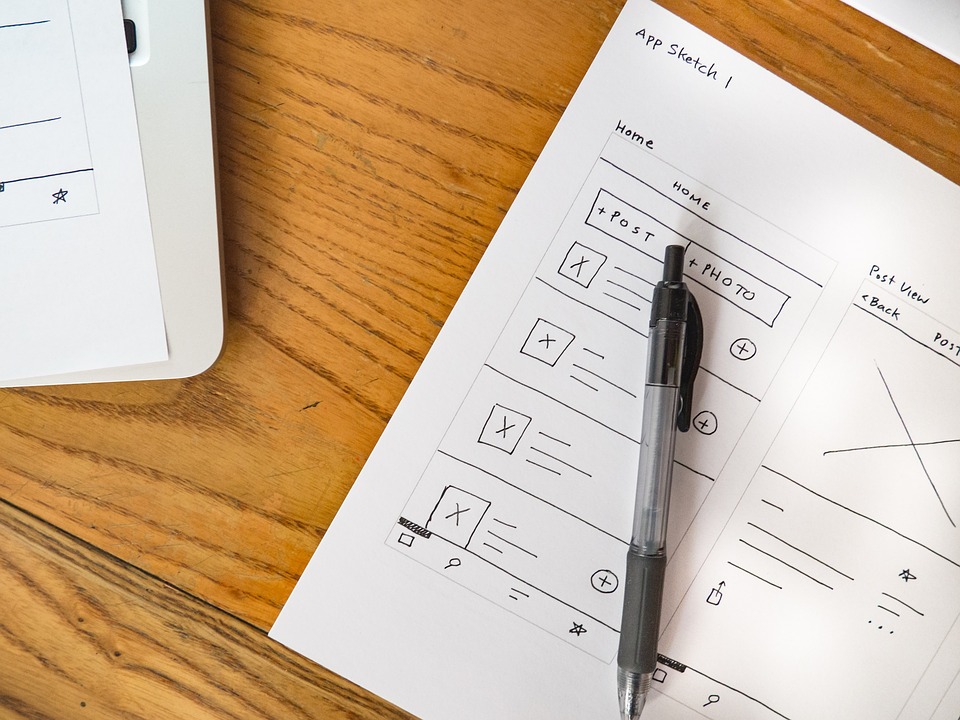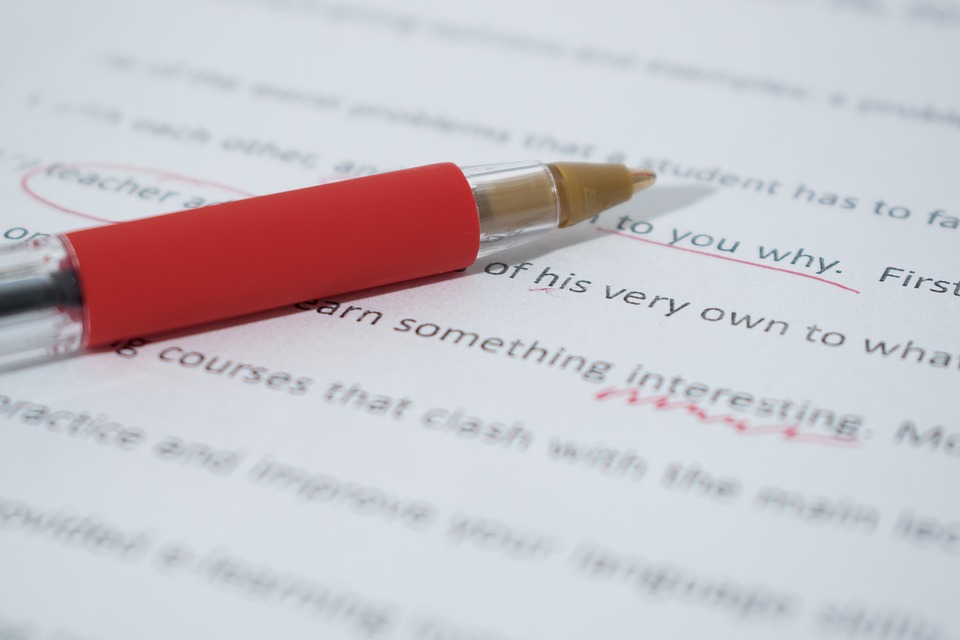Nothing is perhaps quite as scary as looking at a new, empty application form. Be it on or offline, how you fill those spaces will represent how you are perceived by those on the deciding panel at the universities of your choice. But whilst it is daunting when thought of that way, Masters applications are actually an excellent opportunity for you to refresh your memory on those things that matter to you and what exactly it is that you hope to get out of the courses that you are applying to.
The 5 tips below will help you to successfully organise your time and achieve the results you hope for out of your applications. Masters degrees may be the next step forward for you from your current undergraduate degree but it is an entirely new project, so treat it as such; make this both a statement of all you have achieved so far and also an opportunity to learn something new.
Map out your thoughts
After reading through the application initially, both the information that you need to fill out and any further evidence you need to attach to the application, grab your favourite stationery and get ready to be creative.
The best place that you can begin is by mapping out your thoughts. However you want to organise this, whether it be a mind map or a pros/cons list, write out everything that comes to mind as you read through the information. This means summarising why it is you want to do your chosen course, noting down the things that you might be worried about regarding it and relevant achievements you can refer to when you are writing personal statements. The more you get down on the paper the better.
Once you’ve done this thought detox exercise you can begin to process and organise all of the information in front of you. For example, you can take two separate pieces of information such as a work experience question and your time working in the student research office and fit them together to create a relevant answer. Use this to refer back to should you get writer’s blog or start to panic at any point.
Begin the drafting process early
The panic that you feel upon first looking over your Masters application forms and requirements is only bound to double if you keep putting off the work it entails. Start early to maximise your chances of success because the sooner you start, the more you have to work with.
The best part about a first draft is that it is only the beginning of everything; it isn’t concrete, it isn’t set in stone and is open for you to work on and change as often as you might like. To paraphrase Neil Gaiman, the second draft is when you start convincing people that you knew what you were doing all along. Despite what perfectionism promoted by platforms such as social media may exude, nobody does something perfectly first time (if ever). Getting the best end result possible comes out of the hours you put in and the help that you seek.
Beginning the drafting process early after you have all of your information ready to glance over at a reference point alleviates pressure by offering you the chance to get more done and over a longer period of time. Use apps such as your Google calendar or a tangible diary to help you block out periods of time as frequently as you think you might need them, just as though you were working on an assignment.
Have a conversation with your referees
No matter how well you know your referees, it will always be the case that they won’t know everything about you, especially when it comes to something as personal as why you want to enter on to a Masters Programme.
After your referees have consented to provide you with a reference for one or more applications, ask them if they would like to talk more about your intentions and ideas. This is an excellent opportunity for you to mention anything specific about the reference writing process that they might need to know and also to let them know if there is anything you would like them to mention.
Having a conversation about this early on as with early drafting helps alleviate some of the pressure that may be in place around the application. You’ll be reassured from this point on that the members of staff writing about you hold your application in good hands and that you are well prepared for any potential deadlines that may be arising. You never know, they might also have some useful advice for you to consider from their own experiences. Plus it’s always a good idea to have open communication paths between yourself and your referees; it keeps the whole process both comforting and human.
Be creative in your responses
That learning curve mentioned earlier plays a special part here. Being creative in your academic applications marks you out as unique and allows you the chance to really make your personality come to life. Remember, university admissions offices will be reading these sorts of papers 24/7 and it can gain a certain degree of monotony if every applicant is saying the same things.
Whilst you are aware of your own accomplishments and experiences, the person reading the application from your chosen university will not know about them in as much depth. Don’t see the word counts and the required documents as a cap that limits what you are able to share but instead a healthy challenge. Viewed this way, you have opened up a virtual fairground for yourself of possibility. How can you structure things in an efficient way that is also innovative? What marks out your individual experience as something different from your fellow applicants? Really think about how you can take something familiar and transform it into something with flair that means a black and white form suddenly bursts with colour; an extra useful idea if you have synesthesia.
Proofread x 1000 (and then just once more!)
After the planning and the creativity, after all of the organisation, there is one thing left that you really need to remember and cannot be stressed enough in its importance: Proofread! Schedule this in just as you have writing personal statements and writing requests to referees because it is this that seals the deal. Just as with a gift, something wrapped in shiny paper has an extra something special and proofreading is your metaphorical ribbon.
Make yourself a proofreading list, a tip that also extends for checking dissertations through, and then go through your work checking for particular things singularly. For example, at one stage you might look only for fragmented phrases to fix, followed by a more general check for where commas are next and then word spellings. As always, give yourself the time to go through this process as it can be a pressure filled process.
And finally, throughout all of these stages, be patient with yourself and proud of what you have achieved so far. You have made it to this new application stage because of hard work and determination which is an extremely positive sign. No matter the results of your application or what university course you might be pursuing, you already have so much to celebrate. Let it be this that motivates you along with a confident degree of self-belief and you have unlocked the key to master your Masters applications.






